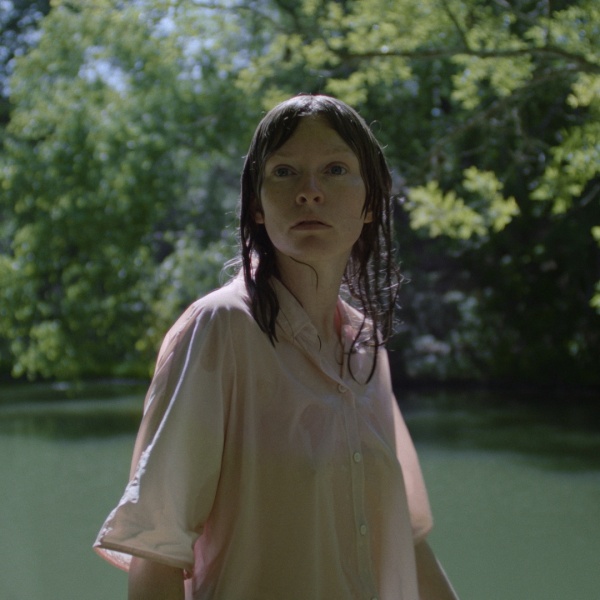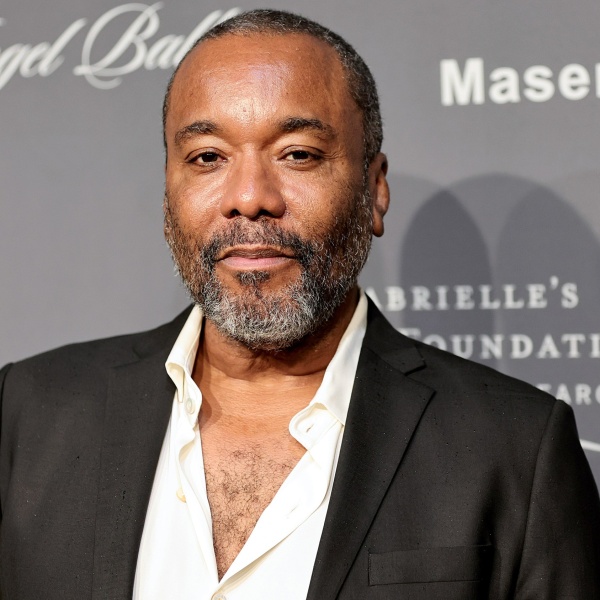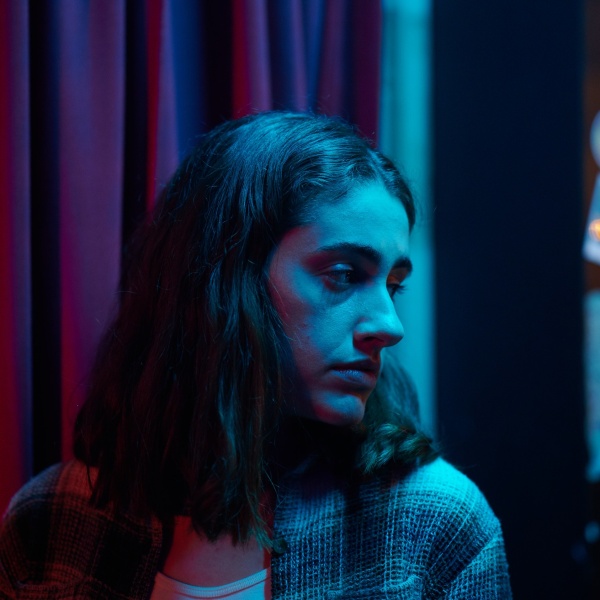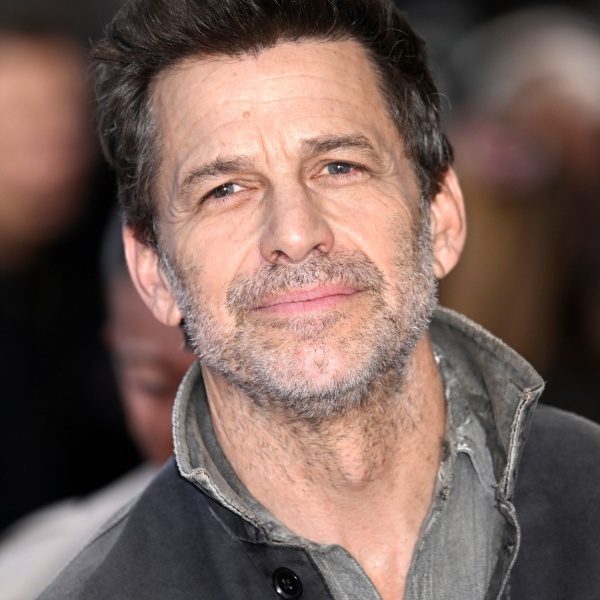As absurd as it is to say about a film that ends with an onscreen QR code imploring viewers to “Pay It Forward,” “Sight” probably would be a better film if it was preachier. At the very least, it would be a more memorable one.
The latest project from Angel Studios, “Sight” certainly looks and feels like the type of cheap contemporary Christian cinema that both its production company and its director (Andrew Hyatt, whose previous films include “Paul, Apostle of Christ” and “Full of Grace”) specialize in. But whenever the movie looks like it might go full Christian medical drama a la the inexplicably Oscar-nominated “Breakthrough,” it always pulls back from launching into a sermon. Sure, there’s a kindly nun and an unbearable syrupy sweet church scene, but by the end of “Sight,” it’s not particularly clear how devout main character Ming Wang is to Christianity, or if he’s even a believer in the first place (the real Wang, for context, has a foundation for Christian outreach to China).
The lack of aggressive shilling for the world’s most powerful religion makes “Sight” less irritating than Angel Studios’ other films like “Cabrini,” and it is definitely less repugnant than their genuinely despicable breakout hit “Sound of Freedom.” But for all those fanatical, faith-based films, at least disasters like the “God’s Not Dead” trilogy or the “Left Behind” series have a passion and conviction in their worldview that, even if they don’t translate to quality, make it hard to keep your eyes away. “Sight” frequently feels like the filmmakers took a Christian movie and scooped all the spirituality out from its insides, leaving a hollow cracked shell with little apparent reason to exist.
That’s not to disrespect the real Ming Wang, a producer on the film (it’s based on his memoir “From Darkness to Sight”) and a very accomplished eye surgeon who has done a lot to help many people. But in the hands of Hyatt and his co-writers John Duigan and Buzz McLaughlin, his life story — in which he went from a young man growing up in the turmoil of China’s Cultural Revolution to one of America’s leading experts in eye surgery — is flat, saccharine mush, a tedious and poorly made slog that’s more agonizing than inspiring to sit through.
Kicking off with Wang already a highly successful Nashville surgeon, “Sight” begins with the doctor getting introduced to Kajal (Mia SwamiNathan), an orphan from India whose stepmother blinded her to increase the money she could pick up as a beggar on the street. Adopted by the church, Kajal is brought to Wang and his medical partner Misha Bartnovsky (Greg Kinnear) by Sister Marie (Fionnula Flanagan), looking for a way to cure her blindness. Taking on the case, Wang — a workaholic nursing some lingering issues regarding an uprising in his childhood hometown and a crush that got away — is forced to confront his trauma and heal to be the best eye surgeon he can be.

This is all pretty standard hagiographic biopic material, which makes how poorly it’s presented all the more apparent. The script is dead on arrival, flat and empty of real shading for any of the people onscreen; Kinnear is probably the highlight just by virtue of playing a character who tells some jokes. It’s impossible to care about Wang opening himself up to living again because the catalyst for his change Kajal is such a walking plot device, his romance with bartender Anle (Danni Wang) is such a chemistry-free bore, and his overall character arc is so muddled and directionless that you barely register the big breakthroughs when they happen (a more thorough depiction of Wang’s faith might have helped give these turns any semblance of grounding.) The half of the storyline about Wang as a child in China (where he’s played by Ben Wang) is similarly sluggish, rotely repeating details from his biography rather than trying to craft a coherent narrative out of it.
Both stories also struggle with really saying anything about their subject matter; there’s no real exploration of what it means to cure blindness and how that changes the lives of Wang’s patients, and the depiction of the Cultural Revolution feels insultingly shallow and lacks any particularly strong point-of-view. Cross-cutting between the two storylines just amplifies all of their individual weaknesses, especially when the reasoning behind where the film cuts between the timelines is mostly spotty and random. The general mood “Sight” seems to be going for is “heartwarming,” but 99 percent of the time, it lands on “lethargic.”
It doesn’t help that the film looks atrocious; like many faith-based productions, it’s lit and filmed in a staid, airless fashion that would be substandard on television, much less in a theatrically released production. The film was filmed mostly in Vancouver, and it shows in how aggressively the scenes in China look like they were shot on a four-foot soundstage. The editing from Dan O’Brien is particularly terrible, cutting between the current and past storylines via long, awkward snips to black that completely sap the energy out of an already energy-less film.
If one of the basic jobs of a biopic is to convince you that the subject’s story deserves to be told, “Sight” fails at reaching that extremely low bar. There might be a good film to make about Wang’s life, but the team behind “Sight” can barely create a movie that subscribes to basic standards of craftsmanship. A version of the movie that’s more open in its sermonizing rather than keeping its Christian convictions on the margins might not be good, but at least it might provoke some reaction. As is, “Sight” is a perfect film to watch if you want your eyeballs to glaze over.
Grade: D-
An Angel Studios release, “Sight” will hit theaters on Friday, May 24.






